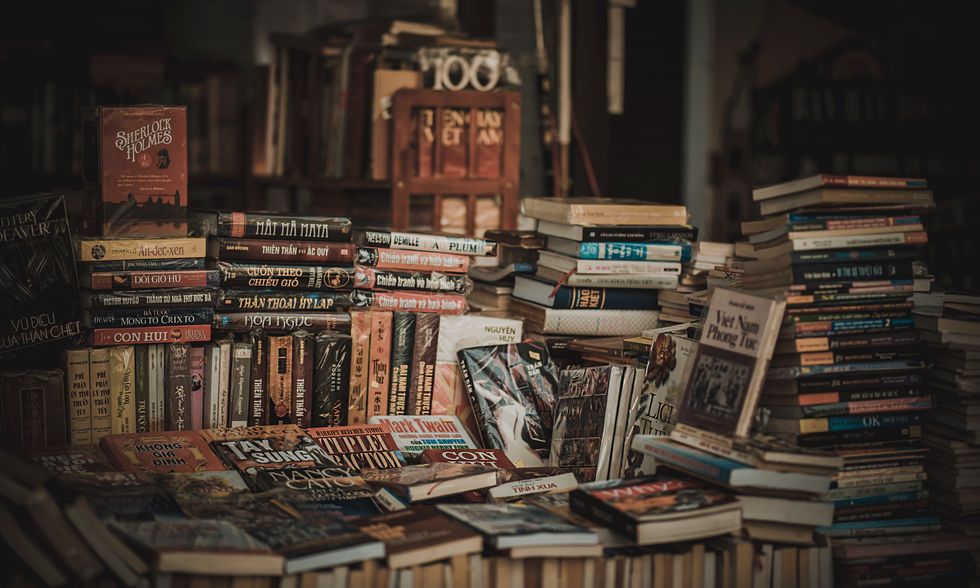I’ve been down many paths in my life. I have traveled through an Alabama courthouse, searched for my identity in a red hunting hat, avoided the eyes of Big Brother, sailed down the lonely Mississippi River, been lost in the Mediterranean, witnessed the bullfights of Pamplona, fought tilting windmills, passed through a wardrobe into a world of wonder, voyaged across America, seen the world in 80 days, and been there and back again.
These journeys have been unparalleled and inimitable. With every book, I’ve read and every author’s mind I’ve explored, my wanderlust and insatiable curiosity have exponentially increased.
I find that authors and travelers have much in common. They both seek to explore unchartered territory, planes of any form and time. The difference between the two, though, is that authors aren’t inhibited by temporal, geographic, or scientific boundaries. Writers can create stories, stories of the present, the past, the future. Tales of woe, sorrow, happiness, excitement, suspense. Fiction, myths, legends, fantasy, sci-fi. We infuse literature with purpose and use it as a sounding board for our own personal commentaries and dreams. It is a concrete structure imbued with emotion. These stories are the backbones of generations, forces of change, grounds for imaginative and utopian concepts, and analyses of every facet of humanity.
The cyclic currents of history show that it is repetitious as well as untamable, but change could still ensue from books. "The Other America" and "How the Other Half Lives "both detailed poverty in America. Subsequently, the conditions of living in poor regions and slums were investigated and social reform was brought about. The meatpacking industry was met by serious reforms and restrictions in factory conditions following the publication of "The Jungle" and DDTs found their demise in "Silent Spring." The good always flows in with the bad, but some authors sought to make the tides more manageable.
We seek to frame who we are, find definitive boundaries as well as ultimate connections, a common thread among us all. Finding the meaning in life is paramount and that is why coming-of-age stories, such as "Catcher in the Rye," "Member of the Wedding," "Grendel," and "Ham on Rye," are prevalent because they portray our commonality in the search for identity and purpose. Ponderances upon every aspect of life can also be seen in the many movements of poetry, from fantastical epics of Anglo-Saxon times to the nature and simple lines of the Romantics and Transcendentalists, to the disillusioned Modernists.
One of the best forms of characterization is by analyzing the creativity of man, including tales of bravery, fighting, and astonishing creatures, sagas of dystopian futures and cruel societies, and narratives of fictional scientific inventions like time travel, androids, and stellar exploration. Our literature breaks the boundaries of possibilities, revealing a side of our universe that though intangible, is just as crucial to finding fulfillment.
The entirety of humanity is chronicled in literature. The rises of empires, the crumbling of nations. Passion and torrential love, jealousy and deceit. As a reader, we become travelers with no fixed plans, letting the stories create our path as we journey on. We travel down the road as the ultimate form of introspection. Margaret Atwood once said, “In the end, we’ll all become stories.”






















 sunrise
StableDiffusion
sunrise
StableDiffusion
 bonfire friends
StableDiffusion
bonfire friends
StableDiffusion
 sadness
StableDiffusion
sadness
StableDiffusion

 purple skies
StableDiffusion
purple skies
StableDiffusion









